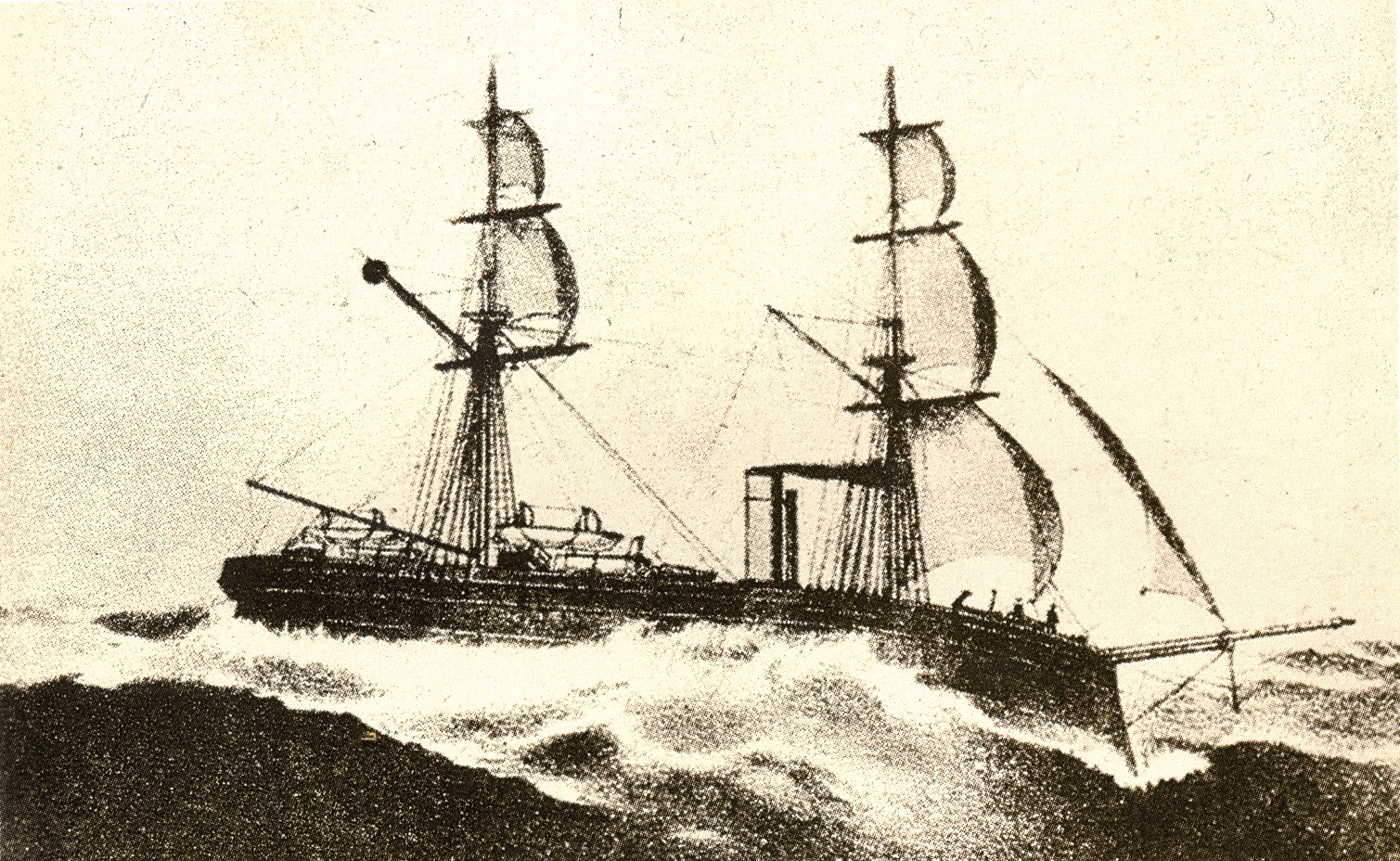|
Colonial Korea
Between 1910 and 1945, Korea was ruled as a part of the Empire of Japan. Joseon Korea had come into the Japanese sphere of influence with the Japan–Korea Treaty of 1876; a complex coalition of the Meiji government, military, and business officials began a process of integrating Korea's politics and economy with Japan. The Korean Empire, proclaimed in 1897, became a protectorate of Japan with the Japan–Korea Treaty of 1905; thereafter Japan ruled the country indirectly through the Japanese Resident-General of Korea. Japan formally annexed the Korean Empire with the Japan–Korea Treaty of 1910, without the consent of the former Korean Emperor Gojong, the regent of the Emperor Sunjong. Upon its annexation, Japan declared that Korea would henceforth be officially named Chōsen. This name was recognized internationally until the end of Japanese colonial rule. The territory was administered by the Governor-General of Chōsen based in Keijō (Seoul). Japanese rule prioritized Kore ... [...More Info...] [...Related Items...] OR: [Wikipedia] [Google] [Baidu] |
Annexation
Annexation (Latin ''ad'', to, and ''nexus'', joining), in international law, is the forcible acquisition of one state's territory by another state, usually following military occupation of the territory. It is generally held to be an illegal act.: "Annexation means the forcible acquisition of territory by one State at the expense of another State. It is one of the principal modes of acquiring territory... in contrast to acquisition a) of terra nullius by means of effective occupation accompanied by the intent to appropriate the territory; b) by cession as a result of a treaty concluded between the States concerned (Treaties), or an act of adjudication, both followed by the effective peaceful transfer of territory; c) by means of prescription defined as the legitimization of a doubtful title to territory by passage of time and presumed acquiescence of the former sovereign; d) by accretion constituting the physical process by which new land is formed close to, or becomes attached to ... [...More Info...] [...Related Items...] OR: [Wikipedia] [Google] [Baidu] |
Terauchi Masatake
Gensui Count Terauchi Masatake ( ja, 寺内 正毅), GCB (5 February 1852 – 3 November 1919), was a Japanese military officer, proconsul and politician. He was a '' Gensui'' (or Marshal) in the Imperial Japanese Army and the Prime Minister of Japan from 1916 to 1918. Biography Military career Terauchi Masatake was born in Hirai Village, Suo Province (present-day Yamaguchi city, Yamaguchi Prefecture), and was the third son of Utada Masasuke, a samurai in the service of Chōshū Domain. He was later adopted by a relative on his mother's side of the family, Terauchi Kanuemon, and changed his family name to "Terauchi". As a youth, he was a member of the Kiheitai militia from 1864, and fought in the Boshin War against the Tokugawa shogunate from 1867, most notably at the Battle of Hakodate. After the victory at Hakodate, he travelled to Kyoto, where he joined the Ministry of War and was drilled by French instructors in Western weaponry and tactics. He became a member of Empe ... [...More Info...] [...Related Items...] OR: [Wikipedia] [Google] [Baidu] |
Japan–Korea Treaty Of 1876
The Japan–Korea Treaty of 1876 (also known as the Japan-Korea Treaty of Amity in Japan and the Treaty of Ganghwa Island in Korea) was made between representatives of the Empire of Japan and the Korean Kingdom of Joseon in 1876.Chung, Young-lob. (2005). ; excerpt, "''... the initial opening of Korea's borders to the outside world came in the form of the Korea-Japan Treaty of Amity (the so-called Ganghwa Treaty)''." Negotiations were concluded on February 26, 1876.Korean Mission to the Conference on the Limitation of Armament, Washington, D.C., 1921–1922. (1922). ; excerpt, "Treaty between Japan and Korea, dated February 26, 1876." In Korea, Heungseon Daewongun, who instituted a policy of increased isolationism against the European powers, was forced into retirement by his son King Gojong and Gojong's wife, Empress Myeongseong. France and the United States had already made several unsuccessful attempts to begin commerce with the Joseon dynasty during the Daewongun's era. How ... [...More Info...] [...Related Items...] OR: [Wikipedia] [Google] [Baidu] |
